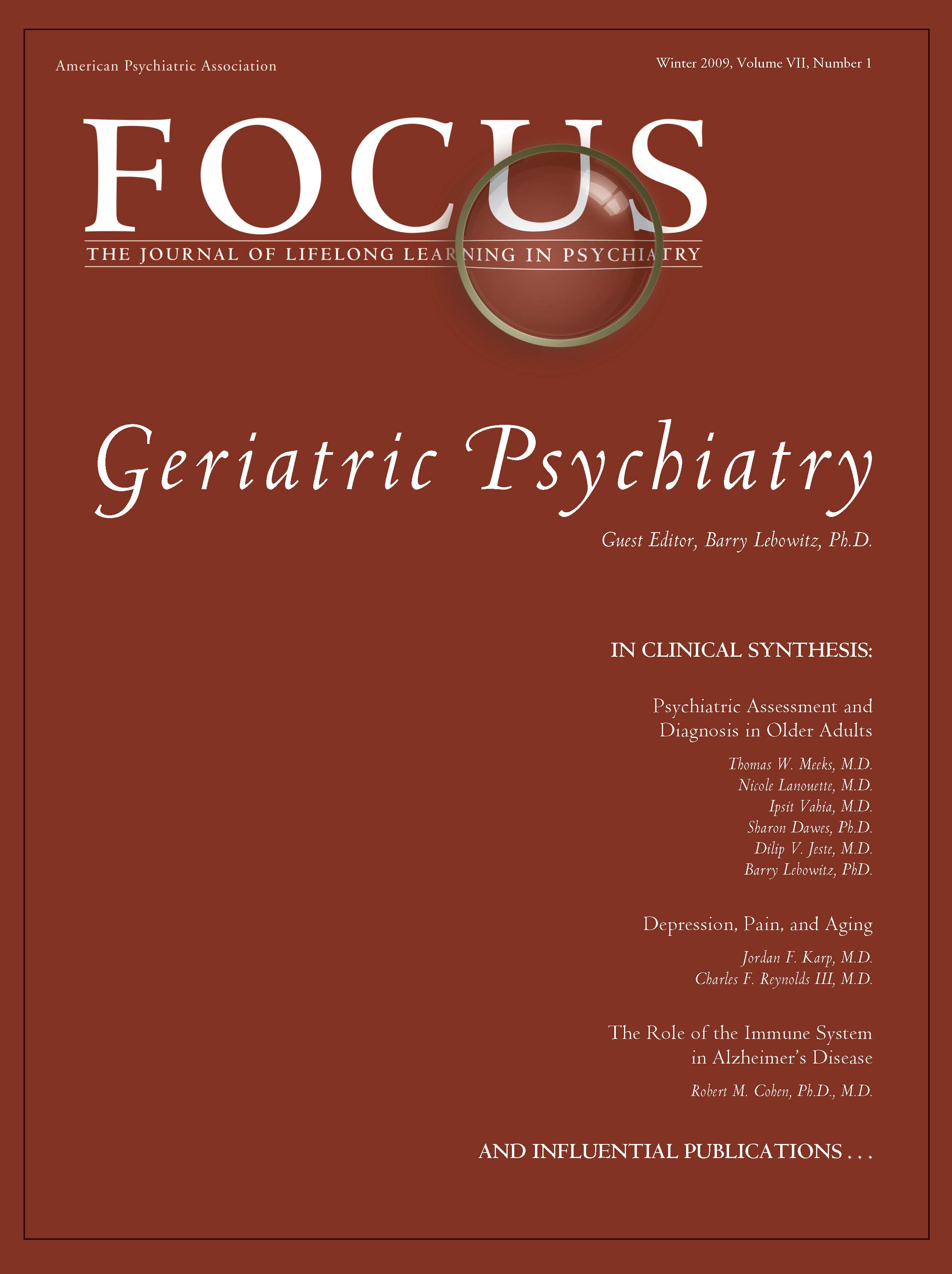Assessment of Decision-Making Capacity in Older Adults: An Emerging Area of Practice and Research
Abstract
The convergence of the aging of our society, the increase in blended families, and an enormous intergenerational transfer of wealth has greatly expanded the incidence and importance of capacity assessment of older adults. In this article we discuss the emergence of capacity assessment as a distinct field of study. We review research efforts in two domains: medical decision-making capacity and financial capacity. Existing research in these two areas provides a first pass at many key questions related to capacity assessment, but additional studies that replicate, extend, and improve on this research are urgently needed. An agenda for future is detailed that recommends studies of a wide range of capacity constructs, focusing on clinical markers of diminished capacity, methods to improve clinical assessment, and the many intersections of law and clinical practice.
(Reprint w/permission from Journal of Gerontology: PSYCHOLOGICAL SCIENCES 2007, Vol. 62B, No. 1, P3– P11)



